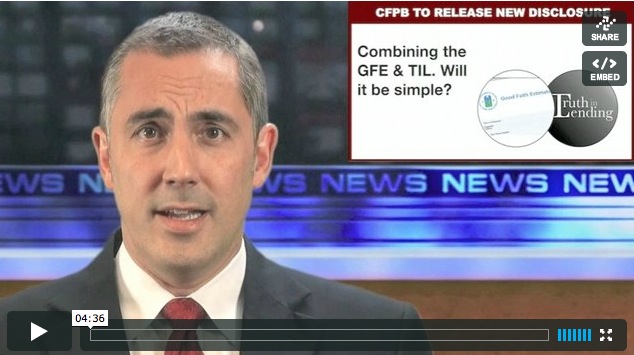[vimeo id=”24023980″ width=”601″ height=”338″]
Seniors Staying In Their Homes
More seniors are staying in their homes due to the economy. Also, the Consumer Protection Bereau releases a combination of GFE and Truth and Lightning Disclosures.
See the new disclosures at the links below:
New Disclosures








